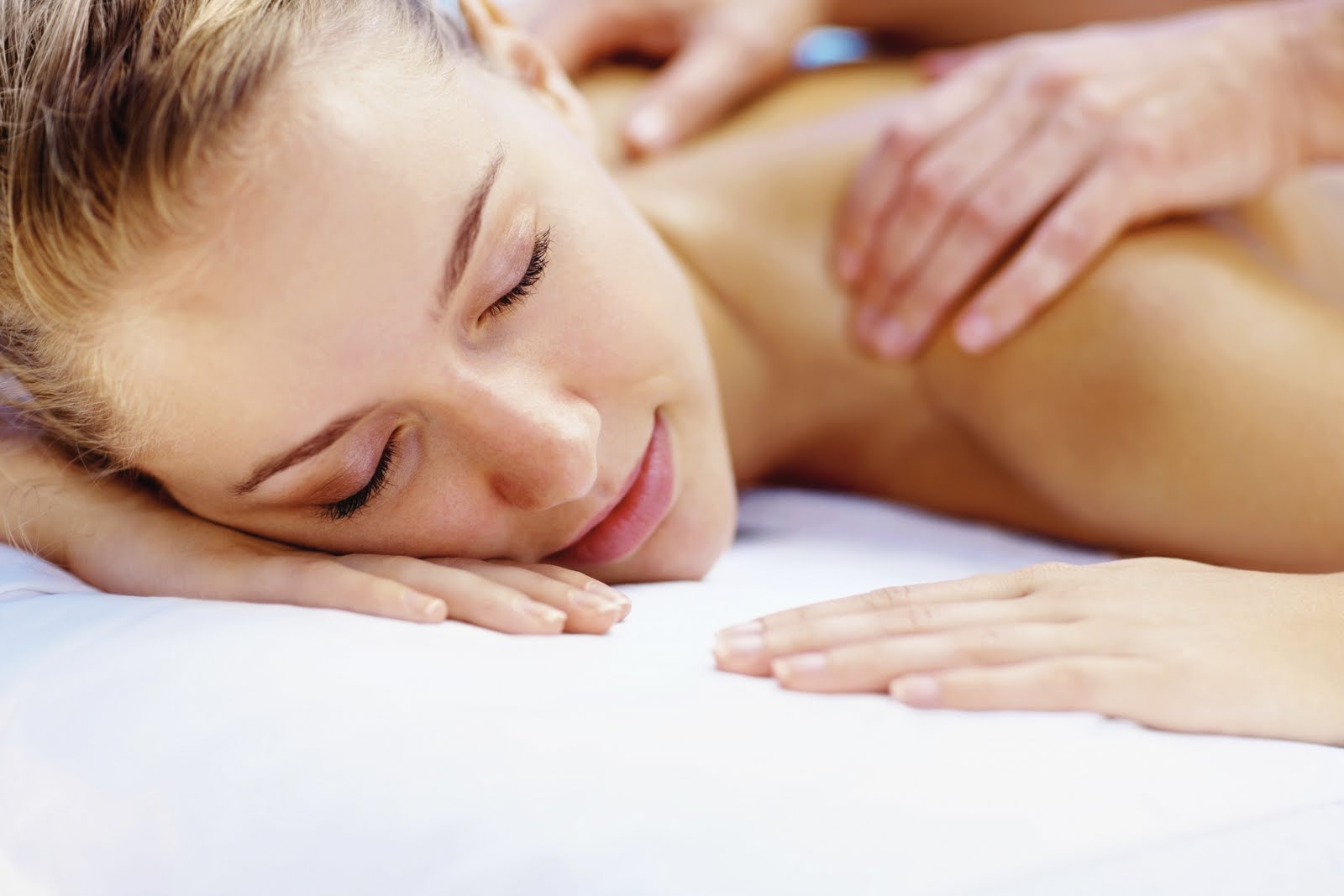Too often we think about massages as being a treat or something special we give to ourselves or each other as gifts. Massages are therapeutic and useful treatments for many physical conditions. The most common reasons for getting a massage are to relieve stress and release muscle tension. But what is happening to our body when we feel stressed, why are our muscles tense, and why do we use massages as a solution?
Stress
When we’re feeling overwhelmed with our work and/or social lives we tend to get stressed. When we’re stressed our blood pressure rises, our breathing is off-pace, we lose sleep, our digestion system slows down, our immune system falters, and our muscles tighten.
When we endure stress for long enough, it can take a severe toll on our body. The list of effects of stress on the body is quite extensive, with many side effects and ailments ranging from moderate to severe conditions. Those effects which are often causes for massages are back pain, cramps and muscle spasms, headaches and hypertension (high blood pressure).
Tension
When we experience stress and anxiety, our body releases a stress hormone into the bloodstream, targeting certain areas of the body and causing specific physiological, psychological or emotional changes which enhance the body’s ability to respond to a threat. When undergoing stress, our body becomes defensive and our muscles tighten for protection.
When we experience stress for short periods of time, our body can quickly recover and the discomfort of muscle tension fades away. However, if put under severe or chronic stress, the muscles in our body will stay in defense mode and remain tight and tense, which then causes stress-response hyperstimulation. This condition brings about headaches, muscle soreness, muscle tension, muscle stiffness and so on.
Relief
According to the University of Minnesota, massages work in two ways to relieve the body of stress and tension, relaxation response and mechanical response.
During a massage, we feel relaxed and comfortable. Our body usually goes into a state called the relaxation response, which is when our heart rate and breathing slows, our blood pressure goes down, our production of stress hormones decrease and our muscles relax. The relaxation response may also reduce the effects of stress, like hypertension and fatigue.
The mechanical response is the manipulation of the muscles to relieve the tension in our body. Physical manipulation of our muscles causes better blood and lymph circulation, which can help our muscle cells absorb more oxygen and nutrients. Better circulation can also cause muscle tissues to function more efficiently, which may reduce swelling in soft tissues.
Personal Comments
After doing some research it seems to be a pretty clear cause-and-effect cycle. Something causes us stress, which elevates our blood pressure and puts our body in defense mode. This stress leads to tension, causing our muscles to contract and leaving us in physical discomfort. When we use massage therapy on our muscles, it puts us in a state of relaxation which automatically calms our body and softens our muscle tissues, allowing physical manipulation of our muscles to release the tension and relieve our discomfort.
The concept of massage therapy not only makes more sense to me now, but it also makes me feel more confident in assessing my physical wellbeing and treating myself with a Naipo massager. What do you think?












